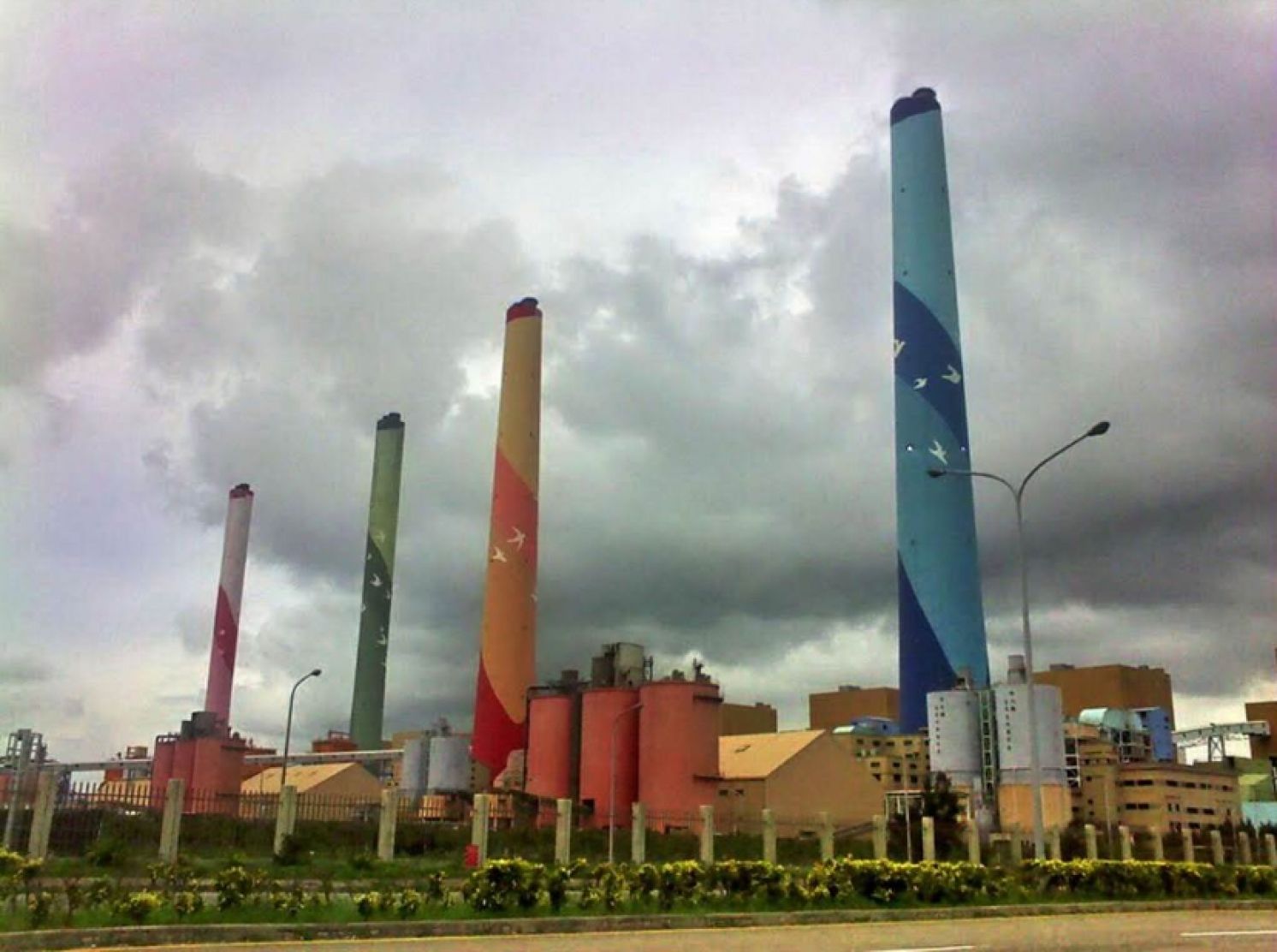
Net-Zero Emissions:Bitter Fruit in 30 Years If Indifferent Now
By Ying Tsui-mei
United Daily News, April 1, 2022
Before the end of March, the National Development Council (NDC) hastened to unveil a roadmap for Taiwan to achieve net-zero carbon emissions by 2050, revealing various items of ideal goals but lacking feasible measures. Scholars criticized that the roadmap provided targets but no bullets, and industry and commerce associations also thought that it was an unachievable fantasy story. The roadmap is merely a perfunctory document. People may feel indifferent to the roadmap, thinking 2050 is far away, but is it really so?
It seems that there are nearly three decades before 2050 arrives, but 30 years is far insufficient to achieve the goal of net zero emissions of carbons. Actually 2050 is almost imminent. This is the reason that the NDC’s roadmap is criticized to be fake.
People’s Livelihood Impacted by Roadmap, Green Inflation Inevitable
If Taiwan just wants to ignore the 2050 net zero emissions goal, then it will have little effects on people’s daily life. But if Taiwan takes the goal seriously and acts upon it, then the influence is huge. If we put aside the issue of shortage of electric power because of failures of various approaches to generate power, what concerns people directly will be the era of high electric price and the inevitable green inflation.
First, to achieve the goal of net zero emissions, green power is necessary. So the NDC’s roadmap increases the renewable energies to 60 to 70 percent of total electricity, but currently the renewables are less than 20 percent. And since the roadmap rules out the use of the less costly nuclear power, to achieve the goal of net zero emissions, hydrogen power is added and the target is 9 to 12 percent. Japan, which has started to develop hydrogen power earlier, is not as ambitious as Taiwan to put such a high percentage. If we don’t consider whether hydrogen power is feasible and increase its percentage of energy, then the electricity fees will multiply and consumer price will rise correspondingly.
Second, if Taiwan seriously wants to implement net zero emissions, then the people’s livelihood will be affected, and the most obvious is transportation. People have to use public transportation system more, decrease the use of gas-powered vehicles, and electric vehicles must become the majority way of transport. The NDC designates 2040 as the year of complete use of electric vehicles, but it does not ban the sale of gas-powered vehicles. Moreover, the supporting services of electric vehicles are insufficient; the availability of electric power charge stations alone is a difficult problem, so it is questionable whether the goal can be reached in 2040.
The third is the crisis faced by Taiwan’s businesses. If the businesses cannot meet the goal of net zero emissions, they will not be able to obtain big orders from abroad. This will affect not only Taiwan’s economy but also the performance of relevant stocks in the market.
As to the problem of carbon footprint verification and carbon fees, the roadmap only mentions the measures as "from big ones to small ones, and big ones to lead small ones", without providing concrete steps.
There are 136 countries that have declared the goal of net zero emissions. Since Taiwan’s economy is supported by exports, it has to follow the global trend. While it is not easy to achieve goal of net zero emissions in 2050, and since the government has unveiled its roadmap, the plan should be feasible and not a castle in the air or a pie in the sky. People should not be indifferent to the roadmap and fail to supervise and push the government. Otherwise, they will be the ones to swallow the bitter fruit before 2050.